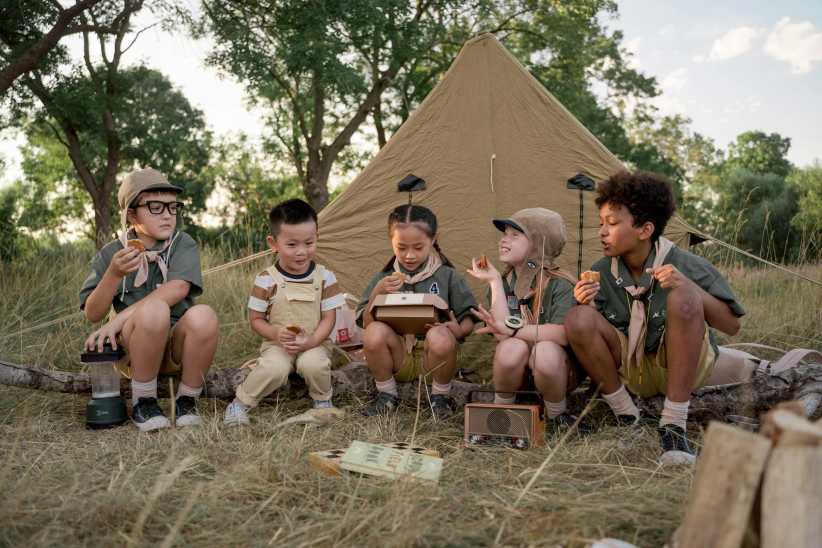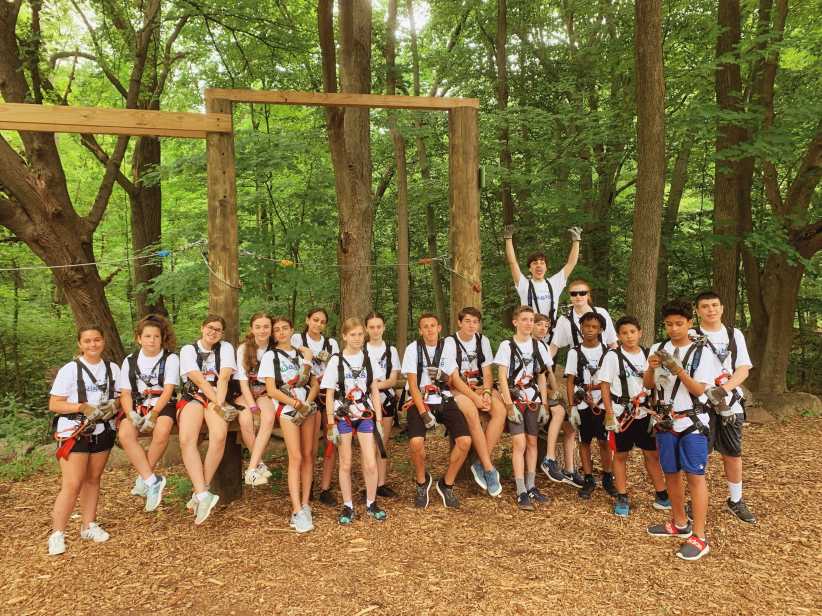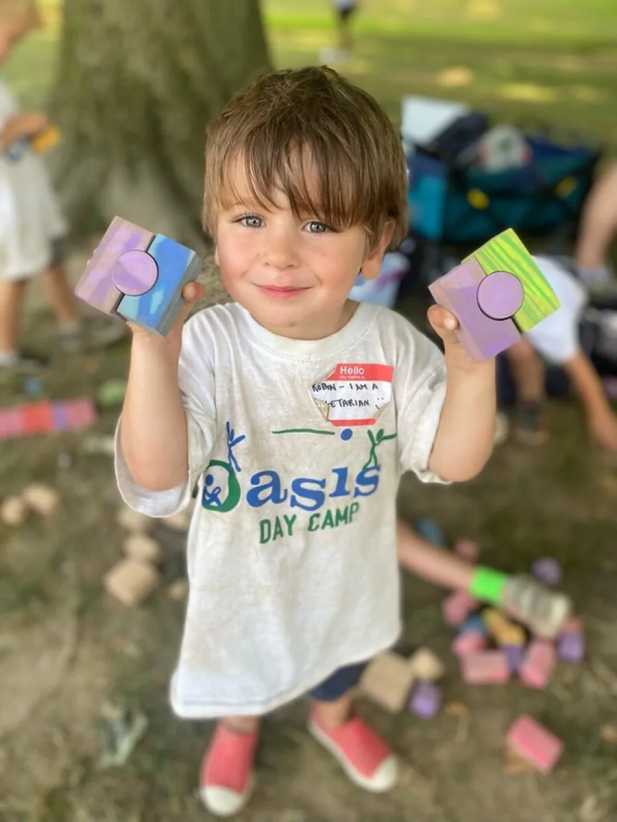You are considering a summer camp, but how to choose? There’s a camp that is ideally suited for every child, providing a summer of growth and fun, whether your child attends a day or overnight camp, a specialized or traditional camp. With a little help from the camp professionals at the American Camp Association, here’s some sound advice that helps parents sort through the choices and benefits that camp delivers.
How to Decide When Your Child Is Ready for Camp
Children are ready for new experiences at different stages. Parents know their children best, and these questions can help gauge whether this is the summer your child will start camp.
•What is your child’s age?
Children under age 7 years may not adjust easily to being away from home. Consider the day camp experience to prepare them for future overnight camp.
•How did your child become interested in camp?
Does your child talk about camp on a sustained basis? How much persuasion is necessary from you?
•Has your child had positive overnight experiences away from home?
Visiting relatives or friends? Were these separations easy or difficult?
•What does your child expect to do at camp?
Learning about the camp experience ahead of time allows you to create positive expectations.
A Camp for Every Child: The Perfect Fit
Camp can last for just a few days or stretch to all summer long. It’s well worth the trouble to investigate the variety of choices offered by camps before your child packs a backpack. These questions help you consider the options.
Near or Far?
Where do you want your child to go to camp? Locally or far away? While each camp experience has something unique to offer your child, this is an opportunity for families to assess what they value for their campers.
Benefits of Camp Nearby:
•Easier to evaluate and visit.
•Friends and family are likely to be familiar with camp.
•Minimal travel costs.
•Likely contact with classmates or children from the same region.
Benefits of Camp Far Away:
•More choices.
•Different experiences, different geography (e.g., mountains or oceans)— even different languages.
•Promotes independence, particularly for early- and late-adolescence campers.
•Diversity of campers.
•Chance for family to visit and vacation at the close of camp.
Session Length
Camps offer widely varying options to help parents and children reach their goals for summer fun and exploration. Talking with your child about the goals you both share helps determine which choice is right for you.
Benefits of Short Sessions (1 to 3 weeks):
•First-time or younger campers have a chance to learn new skills.
•Bonds develop with other campers and staff.
•Great exposure to camp experience with less expense.
•Minimizes homesickness.
Benefits of Longer Sessions (4 to 12 weeks):
•Strong sense of belonging to camp community.
•Chance to learn new skills.
•Development of specialized skills.
•Multiple opportunities for learning and enrichment.
•Lifelong friendships.
•Opportunities to contribute to camp culture.
Boys Only, Girls Only, or Co-ed?
Now may be the opportunity to explore the choices and benefits of allboys, all-girls, or co-ed camps.
Benefits of Single-Sex Camps:
•More opportunities to “be yourself” without impressing or competing with the opposite sex.
•Camp philosophy may be tuned in to gender strengths and weaknesses.
• Brother or sister camps may share activities.
Benefits of Co-ed Camps:
•Mirrors and prepares campers for everyday living in a co-ed world.
•Allows families with both boys and girls to have all children attend the same camp.
•Offers diverse points of view.
•Breaks through rigid divisions set up in school when campers participate in equal footing.
Traditional, Specialty, and Special Needs Camps
Choices abound when it comes to camp programs. One may highlight a wide variety of activities geared toward campers of all ages and skill levels; others, because of their setting and expertise, may concentrate on one or two activities while also providing traditional activities. Parents of children with special needs are pleased to learn about the range of camp activities that help kids be kids first.
Benefits of Traditional Camps:
•Wide variety of activities.
•Chance for campers to try new activities.
•Exposure to more campers and staff at varying activities.
Benefits of Specialty Camps:
•One or two specialized activities (often combined with traditional offerings).
•Expectation for increased proficiency during the camping session.
•Deepens knowledge and skill in a particular area of interest or ability.
Benefits of Special Needs Camps:
•Activities geared toward campers’ abilities.
•Knowledgeable staff with expertise to understand campers’ strengths and challenges.
•Supportive and fun atmosphere to share with others.
Originally printed in CAMP Magazine, reprinted by permission of the American Camp Association %uFFFD 2005 American Camping Association, Inc.























